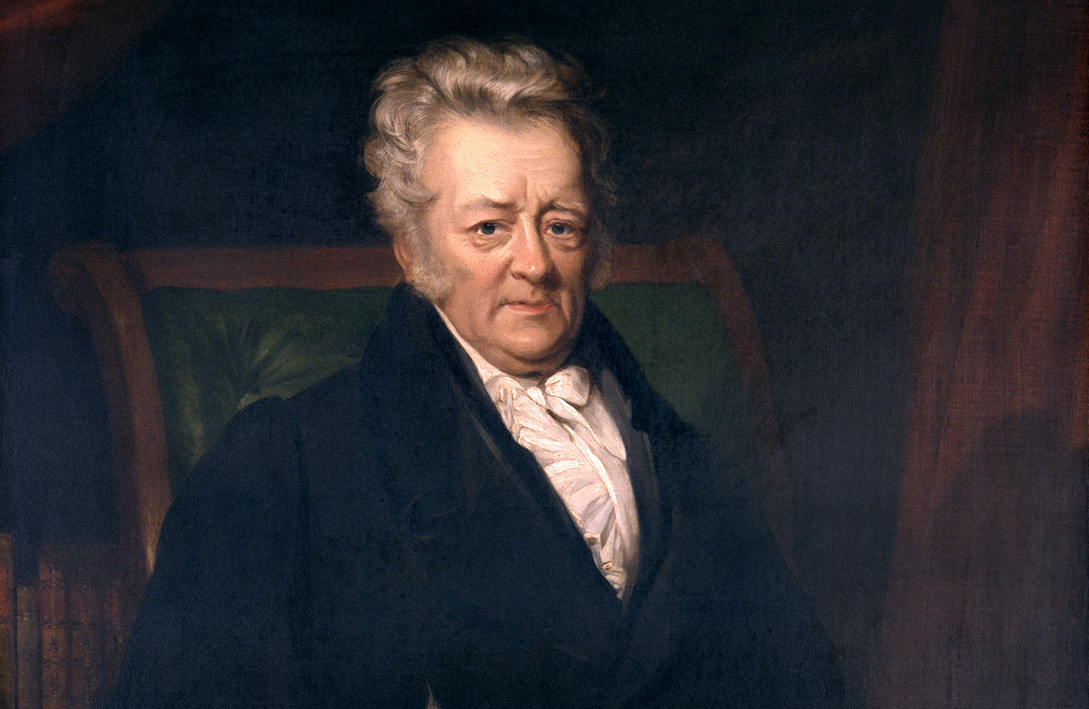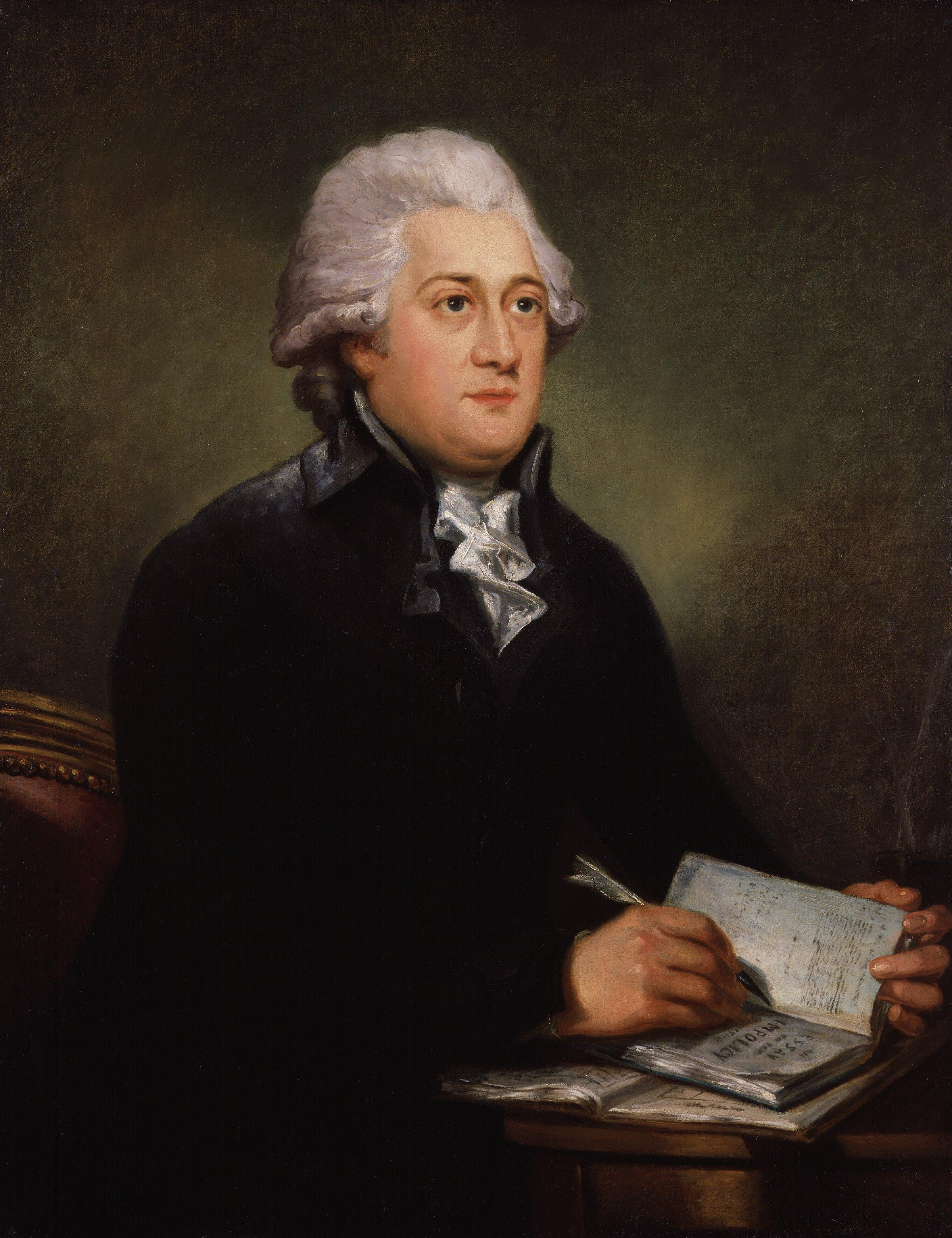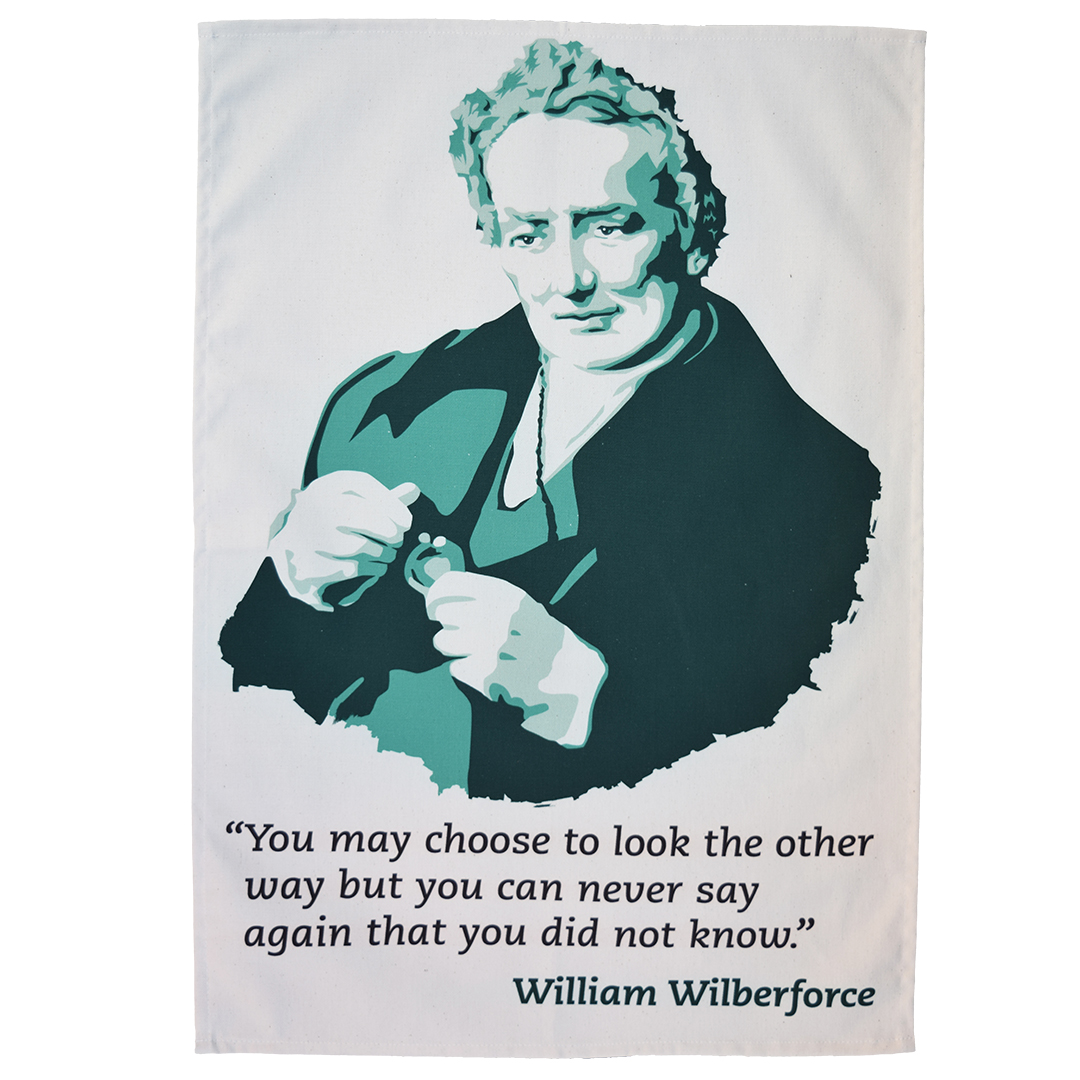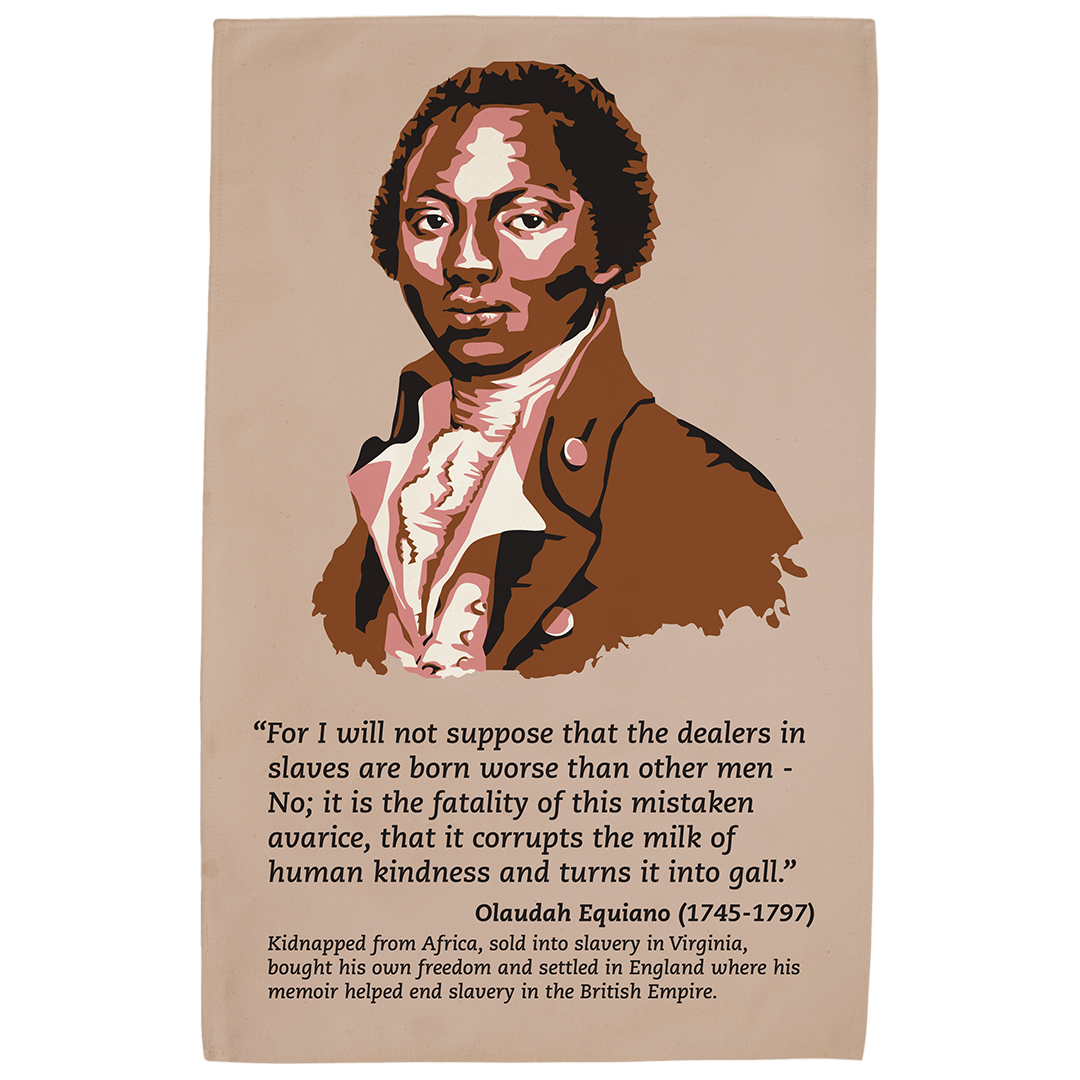Firm Friend of Humankind: The Story of Thomas Clarkson
Posted by Pete on 28th Mar 2022

We've all heard of William Wilberforce - but what about the lesser-known abolitionist hero, Thomas Clarkson?
Few people knew Georgian England better than Thomas Clarkson (1760-1846).
That’s because he spent much of his life riding across it, east to west, north to south, agitating for the abolition of the slave trade.
Born on this day, 28 March, 1760, Clarkson had an elite upbringing: St Paul’s School followed by St John’s College, Cambridge. He wasn’t on course to be a radical politician.
But then, in 1785, an essay competition caught his eye. The question was: “Is it right to make men slaves against their will?”
This essay competition would change the course not only of Clarkson’s life, but of history too.
When they think of British abolitionists, most people think of William Wilberforce. But he was only one of many campaigners fighting to end the injustice of the slave trade.
Click to view our William Wilberforce tea towel
The British Empire was built on the enslaved labour of millions of African people, but most of the well-to-do in Britain preferred to look the other way, ignoring the barbarity that made them rich.
But Thomas Clarkson was about to break ranks.
In researching his answer to the essay competition, he learned about what British merchants and planters were doing to people in west Africa and the Caribbean: kidnap, torture, murder. All for the sake of profit margins.
Clarkson was converted. A deeply religious man, he claimed that God appeared to him on the road to London, demanding that he devote his life to abolishing the slave trade.
He got to work right away. In June 1786, he published Essay on the Slavery and Commerce of the Human Species. Particularly the African, denouncing the injustice and violence of the trade.
A year later, with Granville Sharp and others, Clarkson co-founded the Society for the Abolition of the Slave Trade.
Clarkson was Secretary of the group. He made speeches and developed arguments against the trade, and gathered up eye-witnesses willing to give testimony. It was tough work.
Clarkson and Equiano worked together to spread the word about the horrors of slavery, personally documented in Equiano's autobiography
Click to view our Olaudah Equiano tea towel
But the power to abolish the slave trade inevitably lay with Westminster, which meant the abolitionists needed MPs on their side.
After making inquiries, Clarkson was directed to a certain Member from Yorkshire – William Wilberforce.
Swayed by Clarkson’s arguments, Wilberforce agreed to lead the abolitionist cause in the House of Commons, publicly committing himself in May 1788.
Over the next twenty years, while Wilberforce dominated the stage at Westminster, Clarkson spearheaded efforts to mobilise public opinion against the trade.
He travelled literally thousands of miles to agitate and gather evidence proving how monstrous the slave trade actually was. He published diagrams of how fatally overcrowded slave ships were, and made contact with abolitionists elsewhere in Europe – especially in revolutionary France.
He was, in the words of poet William Wordsworth, a fervent leader and a "firm Friend of human kind".
Wilberforce may be more well-known now than Thomas Clarkson, but the slave trade would never have been abolished in the British Empire without Clarkson’s work on the ground.

Thomas Clarkson, painted by Carl Frederik von Breda in 1788
Though they are often spoken of as a pair, Clarkson and Wilberforce were very different politically. In fact, Clarkson was far more radical than Wilberforce.
For all his talents, Wilberforce was actually deeply conservative – sometimes downright reactionary – on issues other than the slave trade.
He turned against the French Revolution because British Radicals like Thomas Paine backed it, and he voted with the government to implement the authoritarian crackdown on political dissent during the 1790s.
Thomas Clarkson, meanwhile, saw hope in the French cause: he met with anti-slavery radicals like George Washington’s old comrade, the Marquis de Lafayette. After all, revolutionary France abolished slavery throughout its empire in 1794, long before Britain did.
The differences between Clarkson and Wilberforce became even more pronounced after their abolition campaign succeeded and the Slave Trade Act of 1807 was passed.
Although he was eventually brought round, Wilberforce was at first very reluctant to support campaigning for the abolition of slavery itself. He believed that enslaved Africans somehow lacked the ‘civilisation’ to be set free.
Clarkson was not so weak. In 1823, he led the formation of the Anti-Slavery Society to demand an end to slave labour in the Empire. A decade later, an Act – albeit deeply imperfect – went through Parliament to this effect.
As usual with history, the dominant narrative of abolition we tell ourselves in Britain is full of gaps.
We’re told that slavery was defeated exclusively by people like Wilberforce – white, English, rich, male, conservative.
But countless others have been written out of the story: African slaves and ex-slaves, women abolitionists like Elizabeth Heyrick, and more radical politicians like Thomas Clarkson.
The task of radical history is to write them back in.


